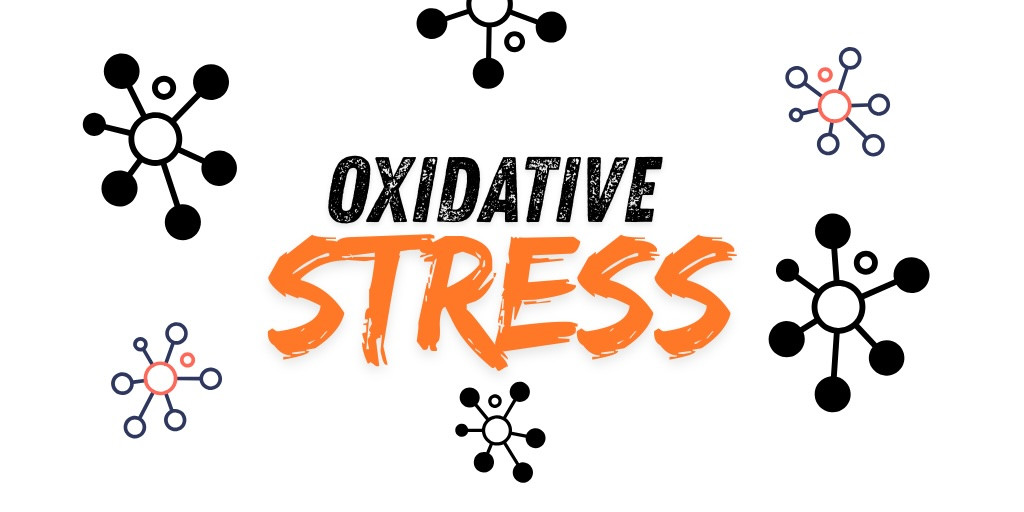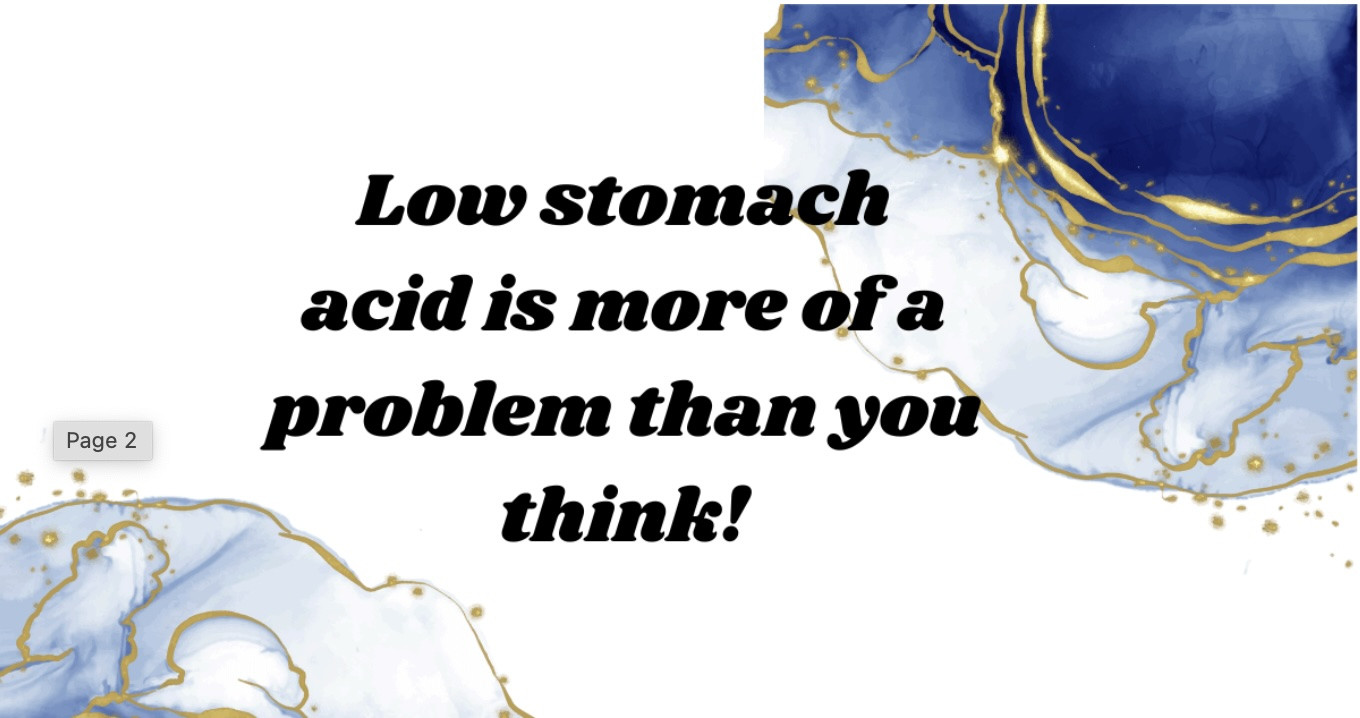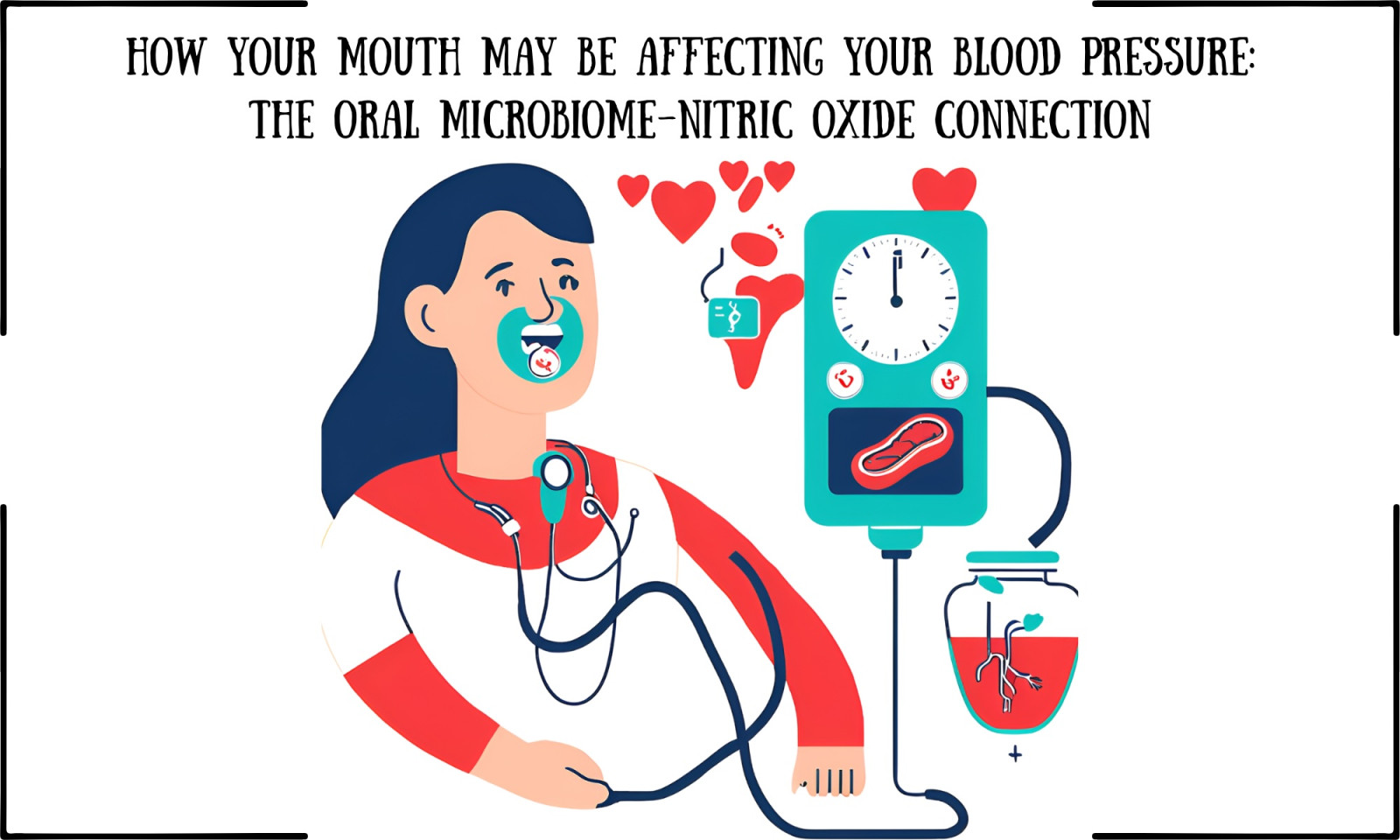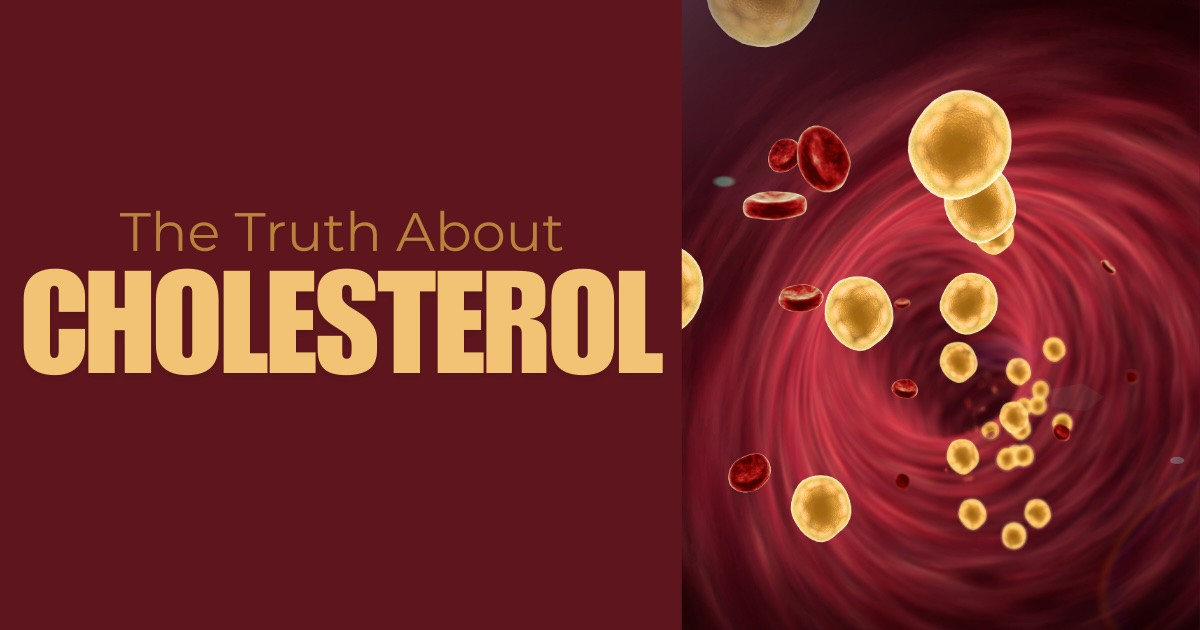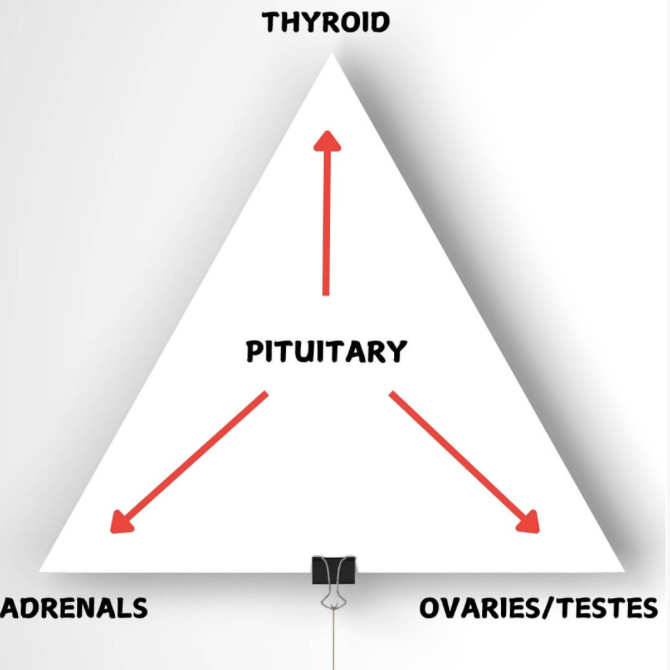
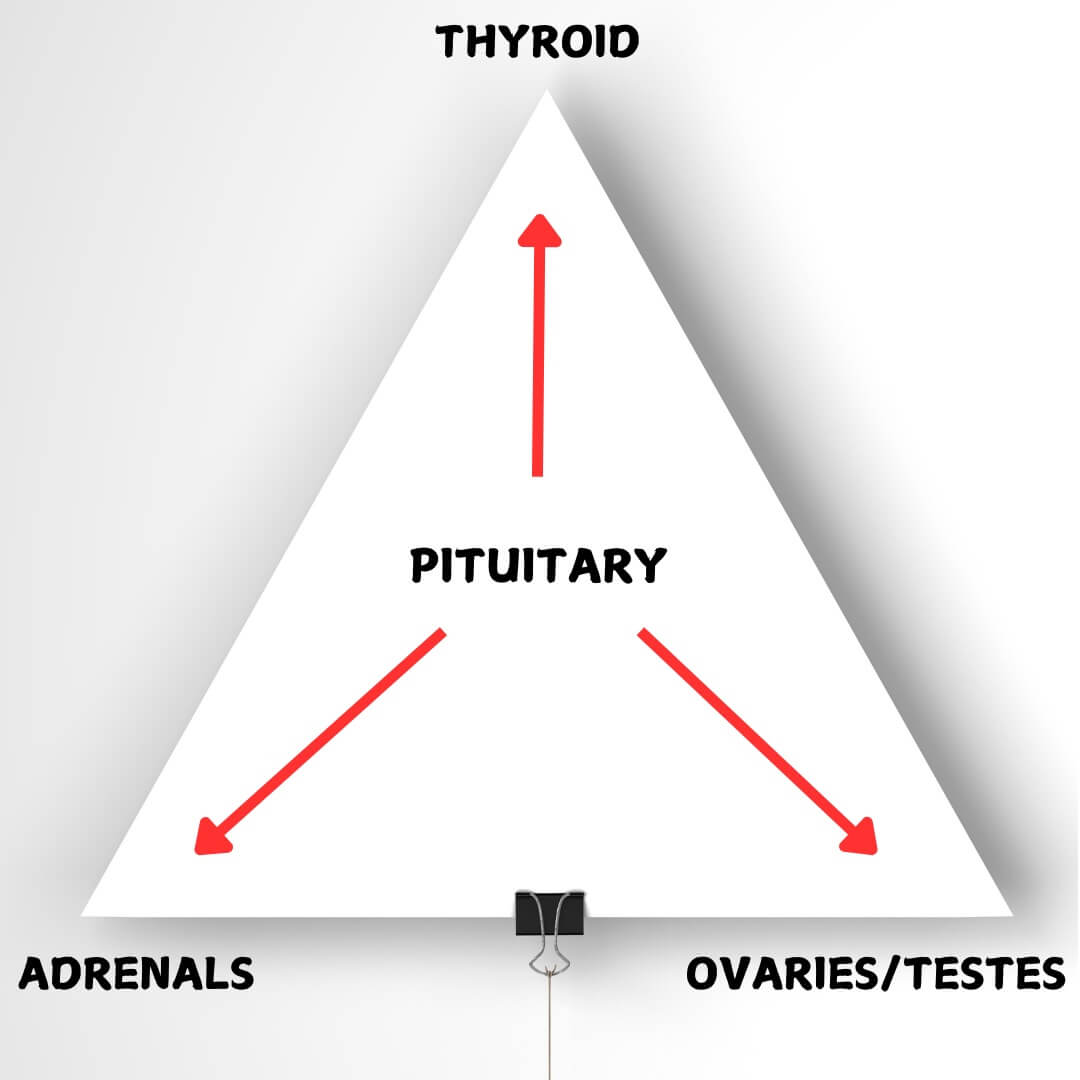 The HPATG Axis- Adrenal/Thyroid Balance & Dysfunction
The HPATG Axis- Adrenal/Thyroid Balance & Dysfunction
The thyroid is part of a network of glands known as the endocrine system and drives the body’s cellular basal metabolic rate (especially in partnership with cortisol) which influences the speed of everything metabolism the body.
The thyroid gland makes primarily T4, which contains four iodine molecules and makes up 95% of the thyroid’s output. However, T4 is largely inactive and requires conversion into the active hormone, T3, which contains three iodine molecules. This critical transformation happens in the liver, gut, or peripheral tissues and is essential for T3 to support vital functions like growth, reproduction, and metabolism. Both T2 and T3 increases cellular Basal Metabolic Rate (BMR) which directly influences the efficiency of ATP production in the mitochondria (aka ENERGY!)
So now you can see that a lot relies on the health of the thyroid. The saying goes, “Sluggish thyroid, sluggish anything”. When the thyroid is sluggish it basically means there is inadequate intracellular hypothyroid function. Various factors influence the health of the thyroid gland. Illness, injury, or infection can increase inflammation which ultimately can lower T3 synthesis leading to a hypothyroid state.
Having adequate nutrients (along with the ability to properly digest and absorb those nutrients) plays a huge factor as well. Sufficient iodine levels are important, and the thyroid carefully stores this nutrient to maintain hormone production. However, adequate iodine use requires a synergy of other nutrients, including vitamins A, B, C, and D; fatty acids; iron; magnesium; and selenium. Deficiencies in these nutrients can disrupt T4 and T3 production, impairing thyroid function.
Dietary and environmental factors also affect the thyroid. Excessive consumption of cruciferous vegetables, soy products, and exposure to environmental toxins like PCBs, phthalates, and halogens (bromine, chlorine, fluorine) can inhibit hormone production or block hormones from reaching target cells. This can lead to symptoms of thyroid dysfunction even when blood tests appear normal.
The conversion of T4 to T3—a process vital to maintaining proper hormone levels—is intricate and occurs mainly in the liver (60%) and gut (20%), with the remainder in peripheral tissues. This process depends on a well-functioning liver, a healthy gut, and sufficient nutrient levels. However, stress and prolonged cortisol production can overshadow all other factors, severely disrupting this conversion and leading to hormonal imbalances.
The Role of the Adrenal Glands
The adrenal glands, key players in the endocrine triangle, strongly influence thyroid function. During periods of prolonged or excessive stress, the adrenals release cortisol to help the body cope. However, chronic elevated cortisol levels can disrupt thyroid hormone production by reducing T3 (triiodothyronine) levels in the bloodstream. This triggers the pituitary to signal the thyroid to produce more TSH, initiating a cycle of dysfunction within the endocrine system.
The adrenals also closely interact with the ovaries or testes, as both produce steroid hormones derived from cholesterol. When one part of this system becomes imbalanced, it often leads to dysfunction in the others, creating a cascade of hormonal imbalances. These disturbances can further impair thyroid hormone conversion and utilization, resulting in symptoms like PMS, irritability, or heavy bleeding in women, and stress intolerance, noise sensitivity, or apathy in both sexes. Men may also experience low libido or erectile dysfunction, highlighting the interconnected nature of the endocrine system.
Managing stress and supporting adrenal health is critical for maintaining balance across all endocrine functions.
Hormonal Interference and Thyroid Health
One of the less recognized causes of thyroid hormone imbalance is the use or exposure to bioidentical hormones and hormone-like substances. These can come from prescription or over-the-counter hormones, birth control methods (like pills and IUDs), and testosterone treatments used by men.
Beyond prescribed hormones, hormone-like substances often lurk in everyday skin and body care products. Manufacturers sometimes add small amounts of estrogen or estrogen-like compounds to enhance skin softness and youthful appearance, unknowingly disrupting the user’s endocrine system. These hidden hormones can pose significant risks for individuals managing thyroid disorders, as products like lotions, face creams, or aftershaves may interfere with thyroid function without their knowledge.
Awareness and careful selection of products are crucial for maintaining thyroid and overall endocrine health.
Although thyroid dysfunction has many potential causes, it is often correctable with the right approach and patience. In some cases, thyroid hormone therapy may be necessary, but thorough testing and addressing underlying causes can significantly improve outcomes. The majority of people with hypothyroid symptoms do not attain full relief when treated with typical, conventional approaches. Discovering the root cause(s) or your thyroid and adrenals issues is key to lasting resolution.
Begin by incorporating the five foundational tenets of health, and seek out a practitioner knowledgeable in thyroid health who listens to your goals and works collaboratively with you.
The encouraging news is that thyroid issues don’t have to hold you back from living your best life. Advocate for yourself, ask questions, and stay committed to prioritizing your health and well-being.
Addressing your health holistically can make a profound difference.
Ready to dive deeper into your health issues? Book a Free Discovery Session with me to explore how a comprehensive approach can support your thyroid health and overall well-being.


